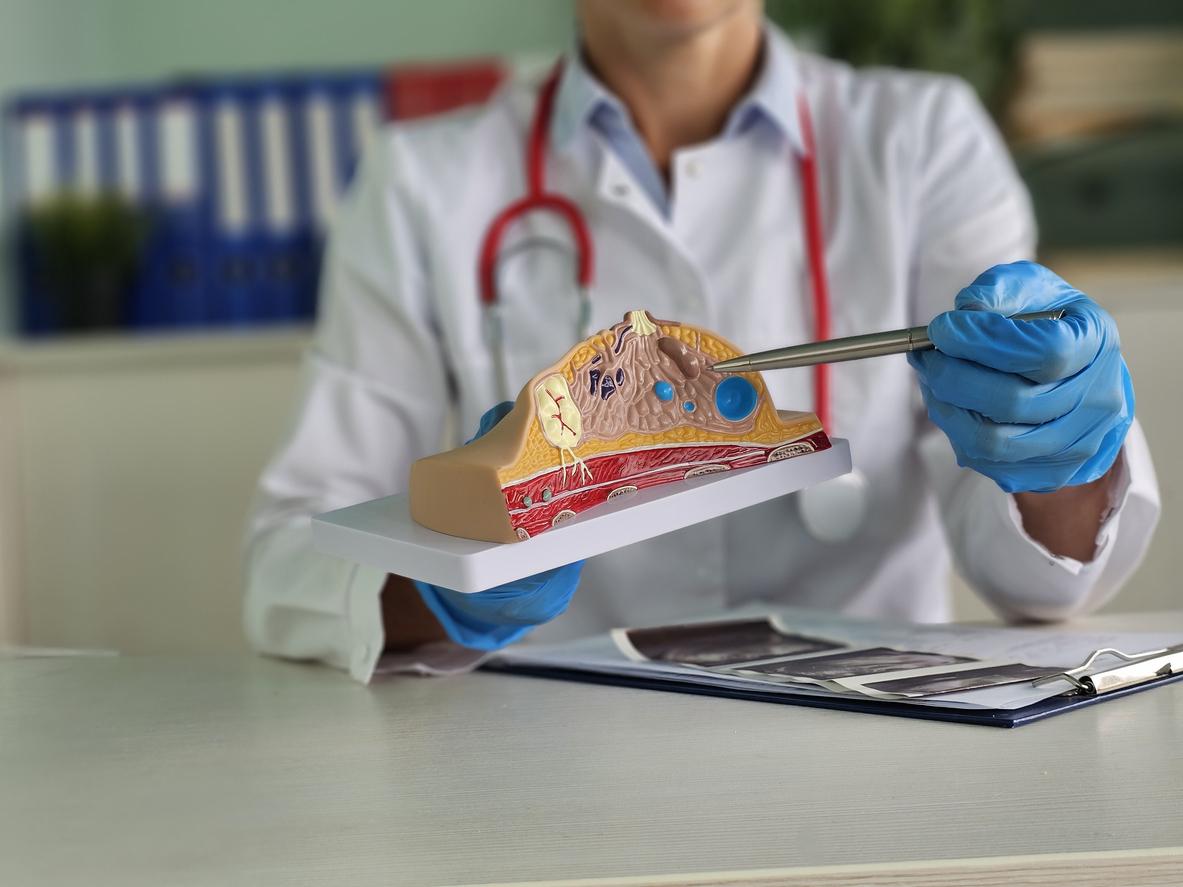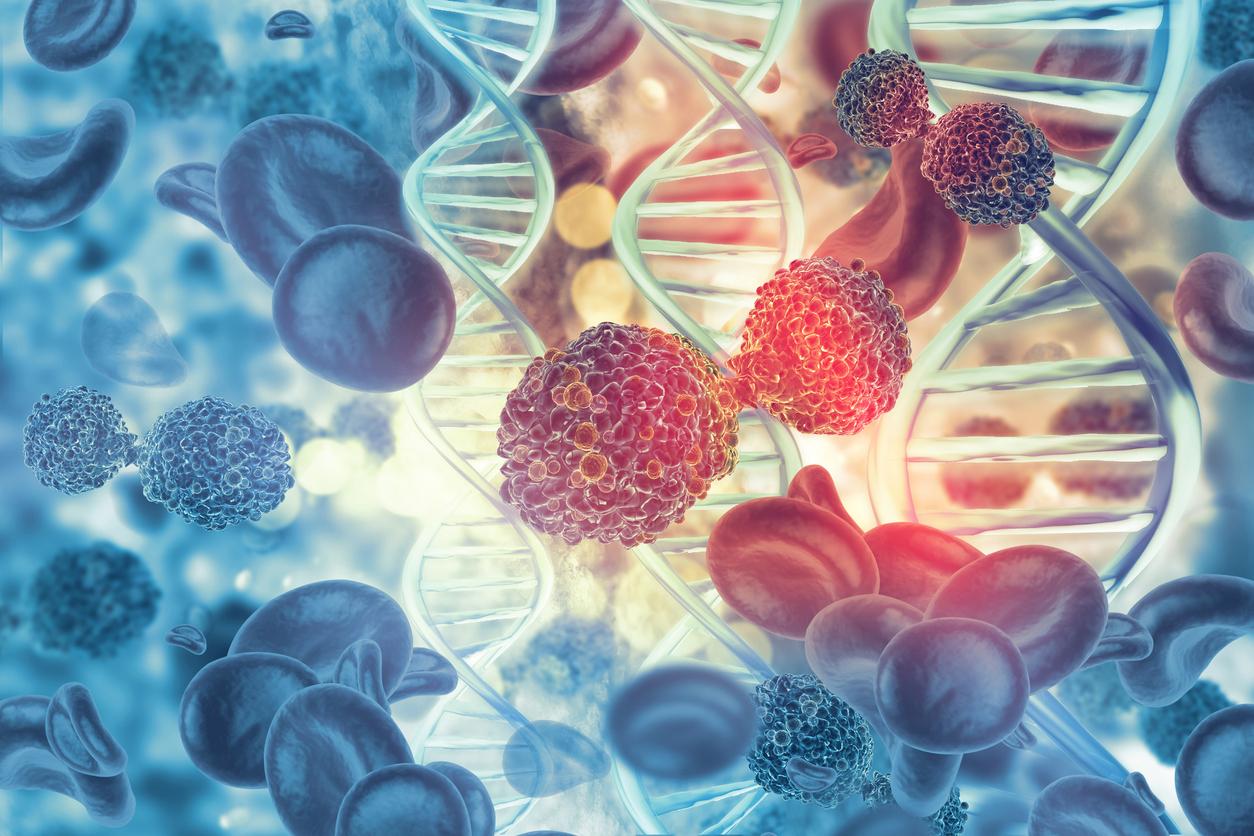
A team of INRA researchers has succeeded in showing that people with cirrhosis of the liver have intestinal bacteria that are very different from those of healthy people. In fact, the proportion of oral bacteria contained in their digestive tract would be abnormally high! This discovery, published in the journal Nature on Wednesday July 23, allowed scientists to imagine a diagnostic test, more than 90% reliable and non-invasive. A test that would avoid heavy biopsies due to the liver, until then the only effective operation to diagnose cirrhosis.
Cirrhosis of the liver is a very common disease that affects around 700,000 people in France. In total, we deplore between 10,000 and 15,000 deaths per year linked to this disease, the main causes of which are obesity, viral infections but also alcoholism. Depending on its severity, it can lead to cancer, or even stop the organ’s functioning, which requires a transplant.
Bacteria from the mouth to the intestine
In collaboration with a Chinese team, researchers from INRA in Jouy-en-Josas attempted to characterize the bacterial populations of the intestine in people suffering from cirrhosis of the liver. They analyzed the microbiota (i.e. all the bacterial genes in the gut) of 250 individuals, half of whom had cirrhosis and the other half were perfectly healthy. The researchers found that 40% of bacteria in people with cirrhosis were not found in healthy people. A majority of these were actually bacteria normally found in the mouth.
A 90% reliable test
On the strength of this discovery, the scientists were able to develop a test, using stools, which makes it possible to identify people suffering from cirrhosis thanks to the presence or absence of only 7 bacterial species. This diagnostic tool shows great promise because unlike a liver biopsy, it is non-invasive and very easy to use. In addition, it would be possible to identify those affected but also to determine the severity and progress of the disease. Future research will focus on determining the role of these bacteria in the development of the disease to possibly advance a therapeutic avenue.
|
Source Nan Qin, Fengling Yang, Ang Li, Edi Prifti, Yanfei Chen, Li Shao, Jing Guo, Emmanuelle Le Chatelier, Jian Yao, Lingjiao Wu, Jiawei Zhou, Shujun Ni, Lin Liu, Nicolas Pons, Jean Michel Batto, Sean P. Kennedy, Pierre Leonard, Chunhui Yuan, Wenchao Ding, Yuanting Chen, Xinjun Hu, Beiwen Zheng, Guirong Qian, Wei Xu, S. Dusko Ehrlich, Shusen Zheng, Lanjuan Li. Human gut microbiome alterations in liver cirrhosis.Nature, July 23, 2014. DOI: 10.1038 / nature13568 |

















